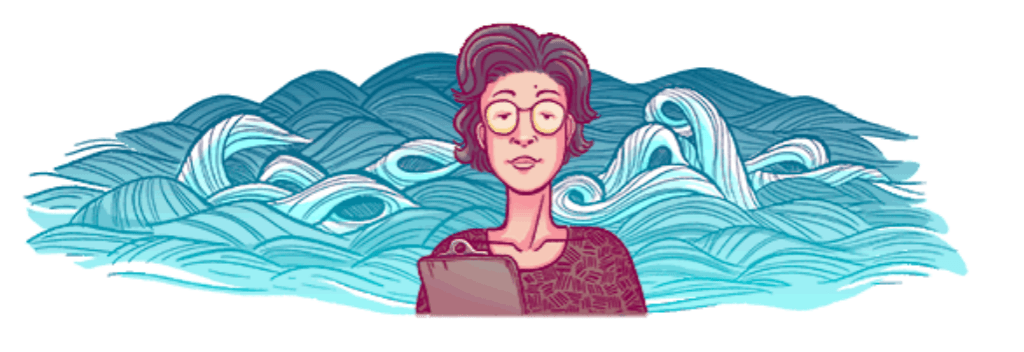
Today's Google doodle features Katsuko Saruhashi, Japanese geochemist who pioneered research on how the fallout from nuclear bombs testing was moving in the sea. Her work showed how such testing in the oceans has to be cut down.
Apart from being a renowned scientist, she also worked hard to ensure that other women were also given the opportunity to make their own mark and make her field more equal, reports the Independent.
"There are many women who have the ability to become great scientists," she once said. "I would like to see the day when women can contribute to science and technology on an equal footing with men."
Born on 22 March 1920, she would have turned 98 today, Saruhashi passed away on September 29, 2007, in Tokyo.
As a scientist and feminist icon, Saruhashi was recognized with an annual prize named after her. After her retirement in 1980, she established the Association for the Bright Future of Women Scientists which awards Japanese women researchers who work in the natural sciences, notes the report.
In recognition of her work in inspiring women to pursue research as well as being one of the minds behind cleaning up the oceans of nuclear waste, Google has created a doodle in her image that will be displayed around the world. "Today on her 98th birthday, we pay tribute to Dr. Katsuko Saruhashi for her incredible contributions to science, and for inspiring young scientists everywhere to succeed," it wrote on its page.
Saruhashi was one of the first geochemists to begin studying the ill effects of testing nuclear weapons in the ocean. For this, she developed a new method to measure ocean acidity levels called the "Saruhashi's Table", notes the report. This table to measure carbonic acid in seawater has now become the global standard.
Using data that she had collected over several experiments, and calculating the radioactive fallout that ended up in the oceans, she played an instrumental role in getting both the US and the then USSR to halt above ground nuclear testing, notes the report.
She was the first woman named to the Science Council of Japan, she was also the first woman to win the Miyake Prize for geochemistry.

















